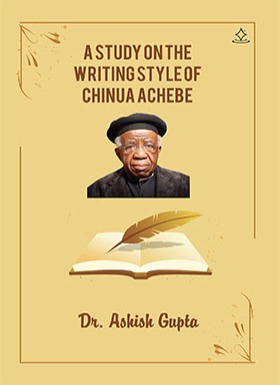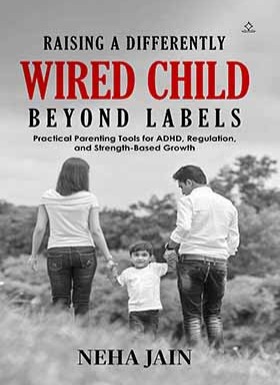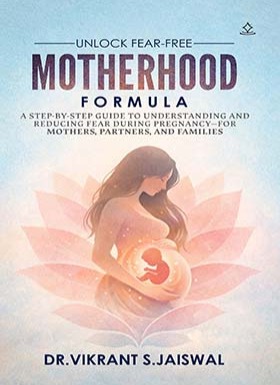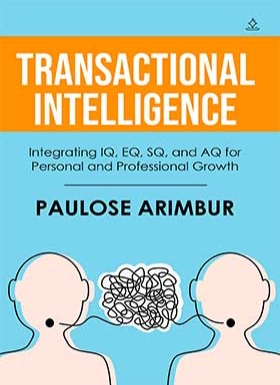


ISBN : 978-93-6087-322-6
Category : Academic
Catalogue : Self Help
ID : SB20950
A study on the writing style of Chinua Achebe
ne
Dr. Ashish Gupta
Paperback
399.00
e Book
250.00
Pages : 193
Language : English
About Book
Chinua Achebe was a master that mastered a variety of distinct approaches that authors may use to create tales. There are many different ways that writers can tell stories. When it comes to creating stories, authors have the capacity to use a variety of techniques. One of the narrative techniques that Achebe utilised was referred to as "flashback," and it was included into his work. However, Achebe utilised a variety of approaches, and one of those methods was flashback. Whenever we get to this point in the story, the story will take us on a trip through time to show us something that took place in the past. This book delves into the rich tapestry ofchebe’s writing style, examining the intricate threads that weave together his exploration of Igbo culture, the clash between tradition and colonialism, the multi-dimensional characters he breathes life into, the narrative structures that captivate readers, the language and diction that form a linguistic bridge between worlds, the social commentary that critiques historical injustices, and the symbolism and imagery that elevate his works to realms of profound meaning. The work of Achebe is not only a reflection of a particular cultural environment; rather, it is a mirror that is held up to the intricacies of the human experience. As we begin our investigation, we will travel across the landscapes of Nigeria’s pre-colonial and colonial history. We will also navigate the twisting routes of Achebe’s narratives, which merge the past and the present in a seamless manner. The individuals that we come across are not only figments of our imagination; rather, they are manifestations of the internal tensions, moral conundrums, and the indomitable spirit that characterises mankind in the face of hardship. The unfolding of this investigation takes place against the backdrop of Achebe’s linguistic artistry, which is a dance that captures the spirit of cultural hybridity through the merging of English and Igbo expressions.
Customer Reviews




